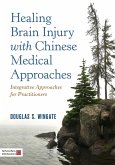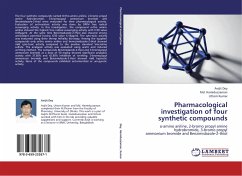The discovery of imidazoline binding sites has broadened the horizon of drug development for the treatment of physiological and psychological conditions. The pharmacology of these sites has been extensively researched over the past few years. However, one of the puzzling questions that remains uncertain is the identity of an endogenous ligand for these binding sites. The beta-carboline harmane has been identified as the bioactive constituent of clonidine-displacing substance. The objective of this work was to investigate the neurotransmitter properties of harmane examining its uptake and release in rat brain to determine whether it resembles that of a classical neurotransmitter. Further analyses, assessed the role of harmane on monoamine release in rat brain, illustrating its specificity on serotonin release in rat brain. Although harmane may not fulfill the criteria as a typical neurotransmitter, its specific mode of action on the serotonergic system may aid in the treatment of mood disorders.
Bitte wählen Sie Ihr Anliegen aus.
Rechnungen
Retourenschein anfordern
Bestellstatus
Storno








